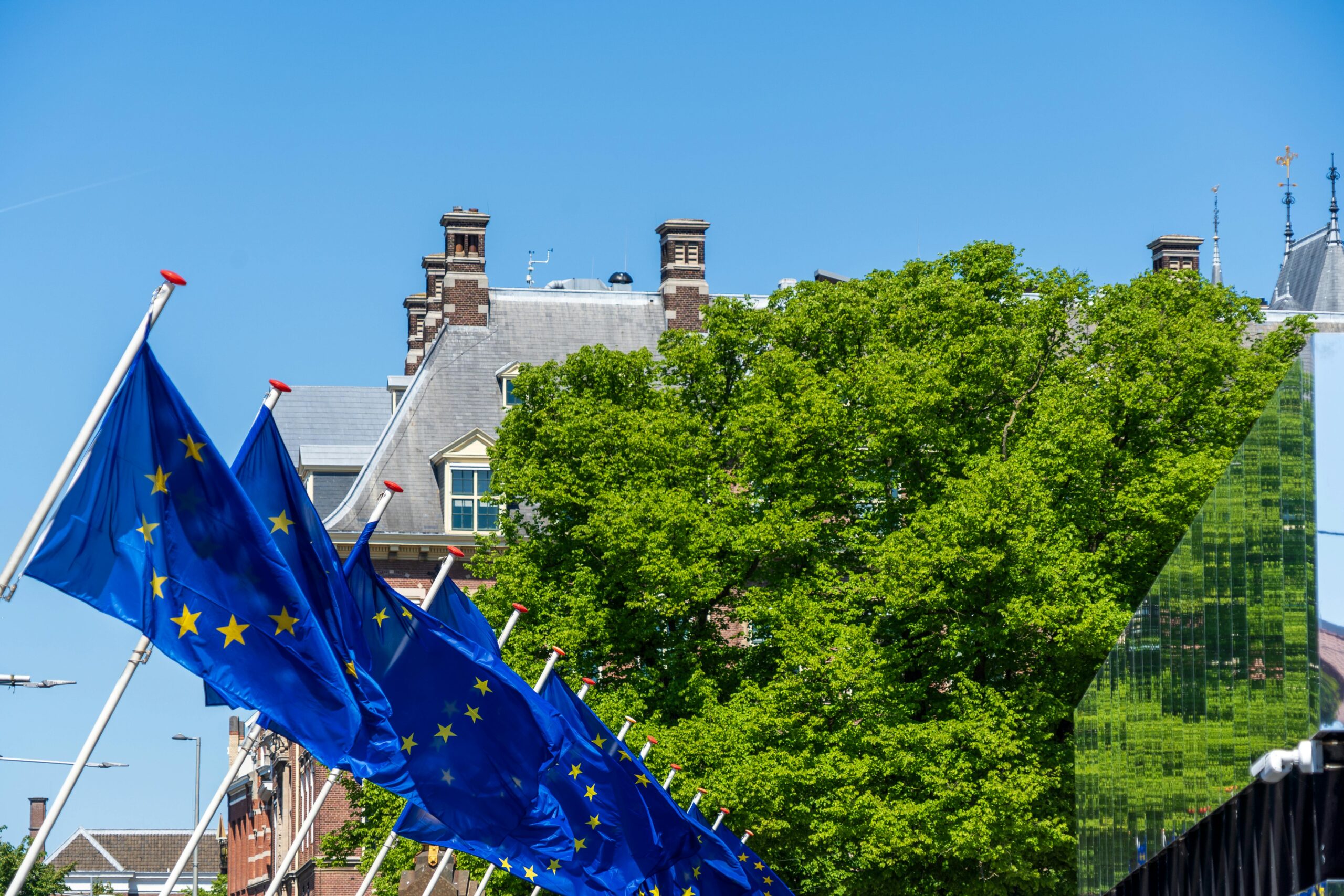The work programme, titled “Europe’s Independence Moment”, lists the proposals coming from the EU’s executive next year, with a strong emphasis on simplifying current laws.
Commission president Ursula von der Leyen said on Tuesday (21 October), that the plan “marks another significant step towards a stronger, more sovereign Europe,” here to “boost competitiveness, harness the power of our Single Market, simplify our rules and address the affordability crisis.”
Simplification first
The Commission pledges to cut red tape and lower compliance costs across sectors from energy to taxation. New simplification proposals will target areas such as automotive rules, environmental standards, food safety, medical devices and energy legislation. Building on past omnibus packages, the measures aim to reduce EU administrative costs by 25%, or around €37.5 billion, by 2030, delivering fewer overlapping rules, faster decisions, and better compliance.
However, delivering on simplification may prove harder than promised, as divisions in the European Parliament show. A compromise on the first simplification package (covering corporate sustainability and due diligence reporting) collapsed after Socialist and Democrat delegates claimed they were pressured into the deal by the liberal Renew and Christian-conservative EPP groups. It leaves the institution with no mandate to start talks with the Council. The vote has been pushed to the next plenary on 12 November.
Completing the single market
Brussels also wants to do more to knit together Europe’s fragmented internal market. By 2028, it hopes to “unlock the full potential” of the bloc’s economic engine through a European Innovation Act and a 28th Regime for innovative companies. The latter will give start-ups and high-tech firms a single EU-wide legal framework, replacing the 27 national regimes.
Other proposals also target the market, competitiveness and social fairness. The Circular Economy Act seeks to create a market for secondary raw materials, increasing supply and stimulating demand across the EU. The Digital Fairness Actaims to protect consumers from misleading or manipulative online practices, tackling addictive design, unfair personalisation, and misleading influencer marketing. The Quality Jobs Act seeks to pair competitiveness with social fairness, ensuring decent working conditions, smoother transitions in the clean industrial shift, and support for reskilling and collective bargaining.
Continuous focus on security and defence
Defence and security again take a prominent place in the 2026 plan. Building on the Readiness 2030 framework, the Commission will launch the European Drone Defence Initiative as part of the Eastern Flank Watch. These plans are expected to feature in the forthcoming Communication on the Defence Single Market. A revised Energy Security Framework will address new physical and cyber threats to critical infrastructure.

